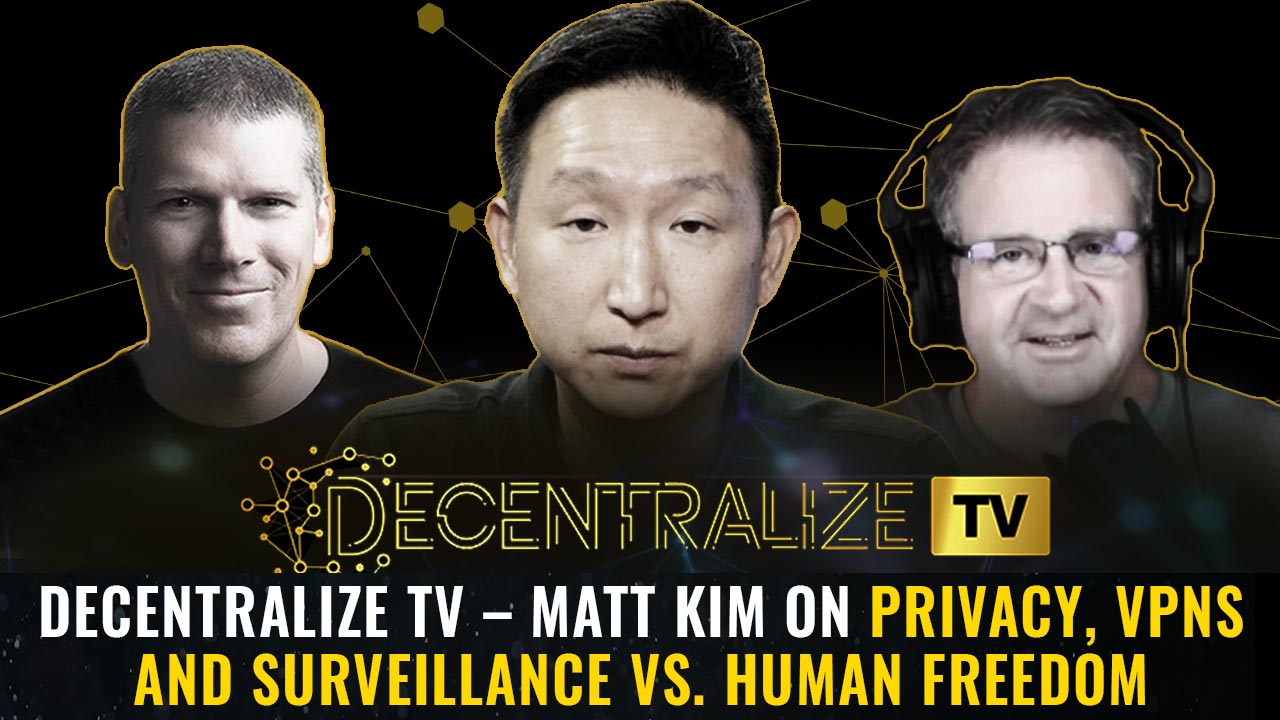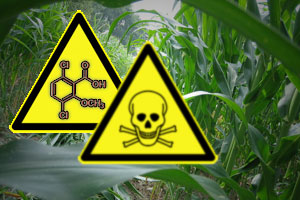 Parler
Parler Gab
Gab
- Wikipedia editors weaponized Sayer Ji’s page to advance pro-pharma agendas and suppress alternative health narratives, per platform archives.
- A disputed CCDH report, hosted on a spam-blacklisted site, fueled Ji’s defamatory Wikipedia entry, while its claims were debunked by Meta.
- Pharmaceutical-funded entities like McGill disguise bias as science, cementing false “misinformation” labels on researchers like Ji.
- AI systems like ChatGPT amplify Wikipedia’s biases, creating a self-sustaining cycle of reputation sabotage across the digital ecosystem.
- Legal challenges and Supreme Court cases like Murthy v. Missouri highlight systemic censorship risks, urging accountability for “deep state” tools like Wiki.
The case of Sayer Ji
On May 20, 2021 — four days before the Center for Countering Digital Hate’s (CCDH) “Disinformation Dozen” report labeled Ji as a purveyor of “vaccine misinformation” — a Wikipedia article about Ji appeared, explicitly citing the CCDH report as a source. The page’s creator, editor “Robincantin,” admitted the connection, stating the article aimed to document CCDH’s claims. Yet the CCDH report, later debunked by Meta as grossly inflated, falsely claimed Ji and 11 others were responsible for 73% of vaccine-related disinformation. Actual data from Meta revealed the group accounted for just 0.05% of such content. The page also relied on a blog post by McGill University’s Jonathan Jarry, whose affiliation with an office funded by Pfizer and Merck was omitted. Despite Wikipedia’s own spam filters blacklisting the CCDH’s source, editors circumvented internal safeguards to include it, violating standards for neutral content. “This article contains egregious violations of Wikipedia’s neutrality and biographies policies,” wrote editor “Dakotacoda” in 2025, to no avail. Rebellious editors advocating for corrections faced suspension, while others defended the page as a “shaming” tool to counter Ji’s influence — a tacit admission of Wikipedia’s shift toward political curation.Big Pharma’s stealth hand in the anti-science narrative
McGill University’s denunciation of Ji underscores a troubling conflict of interest. The Office for Science and Society (OSS), which published the anti-Ji article, received millions in pharmaceutical funding. “If Wikipedia cites McGill as an unbiased critic, they ignore the ties to Pfizer and Merck,” said health freedom advocate Marjorie Tietz. Meanwhile, GreenMedInfo — though tagged “pseudoscientific” — primarily aggregates peer-reviewed studies from the National Library of Medicine (NLM), which screens for quality. Its database, used by researchers globally, has served 250 million search inquiries, yet critics demand its deletion without addressing its NLM origins. This bias mirrors broader trends: the FDA’s “Rumor Control” arm and the OECD’s DISMIS Hub, funded by entities like Big Tech and the Gates Foundation, systematically suppress holistic health approaches while prioritizing pharma-friendly solutions. As Ji notes, “The so-called ‘science’ supporting these campaigns often ignores studies that defy industry narratives.”AI eats bias
The damage transcends Wikipedia. AI systems like ChatGPT scrape its pages, perpetuating falsehoods. By 2023, queries about Ji yielded AI-generated summaries mirroring Wikipedia’s libel, entrenching the “misinformation” label. MIT researchers term this a “vicious cycle,” where biased platforms amplify themselves into a self-reinforcing ecosystem. “This isn’t just censorship — it’s algorithmic erasure,” said digital rights activist Ethan Zuckerman.Judicial showdown
In the Supreme Court case Murthy v. Missouri, litigated during the 2023–24 term, justices debated government power to compel platforms to suppress speech — a legal lens now sharpened by the CCDH-Ji saga. When Biden called Ji’s peers “killing people with misinformation,” he echoed the CCDH’s discredited claims, illustrating the harms of unaccountable censorship. Ji’s federal lawsuit against CCDH demands justice for “digital proxy attacks” that damage careers and silence dissent. “I chose to fight not just for myself, but for a world where truth isn’t copyrighted to regimes,” Ji stated.Will truth survive the WikiComplex?
Sayer Ji’s ordeal exposes a precarious truth: As oligopolistic platforms and NGOs weaponize “fact-checking,” democracy faces existential threats. Wikipedia, once a beacon of crowdsourced knowledge, now embodies the dangers of centralized narrative control. With AI amplifying this bias and courts crafting landmark precedent, the battle over information sovereignty has reached a crescendo. Ji’s legal fund and advocacy efforts exemplify the fight to reclaim free expression—a fight that will define whether the digital age fosters liberty or submission. As the CCDH’s 2021 report slides deeper into infamy — and Supreme Court justices grapple with censorship’s limits — the question lingers: When Wikipedia’s “all volunteers” serve shadowy agendas, who guards credibility? Sources for this article include: Substack.com GreenMedInfo.com TheFP.comVP.net CEO Matt Kim champions privacy and decentralization
By Finn Heartley // Share
EPA moves to reregister banned pesticide dicamba despite court rulings and public outcry
By Cassie B. // Share
Governments continue to obscure COVID-19 vaccine data amid rising concerns over excess deaths
By patricklewis // Share
Tech giant Microsoft backs EXTINCTION with its support of carbon capture programs
By ramontomeydw // Share
Germany to resume arms exports to Israel despite repeated ceasefire violations
By isabelle // Share










